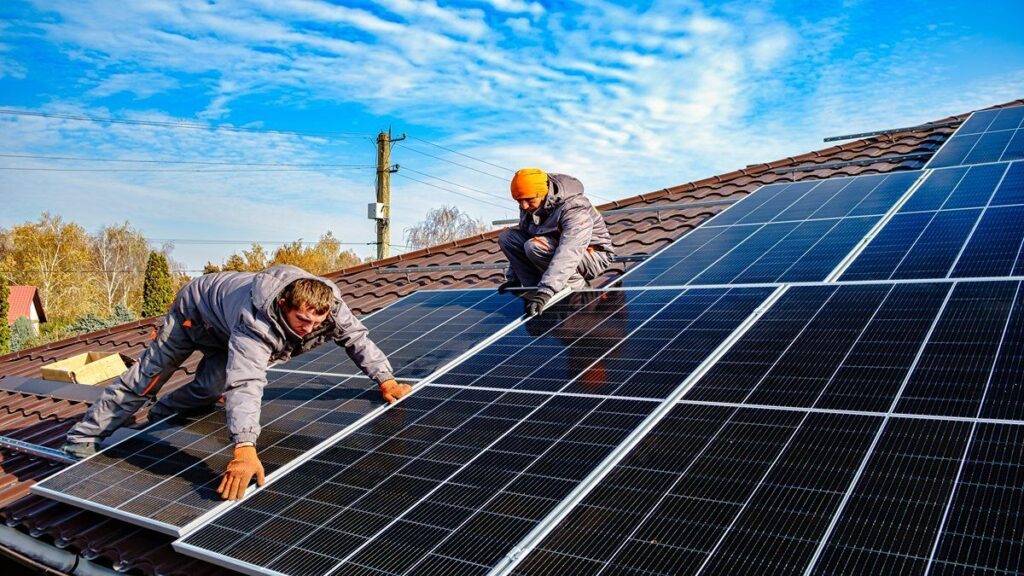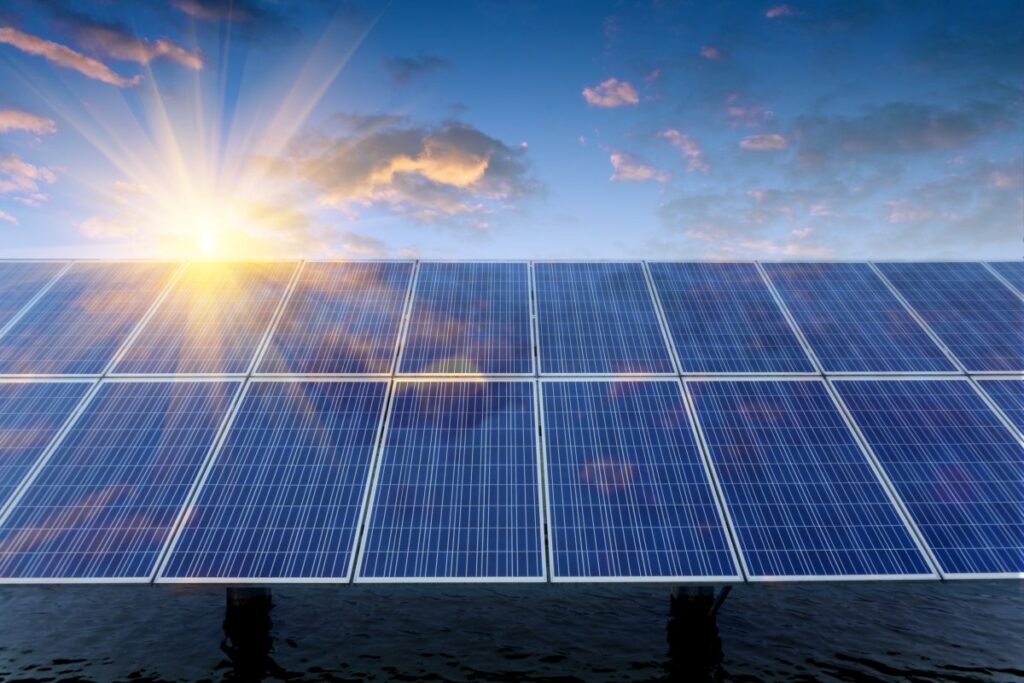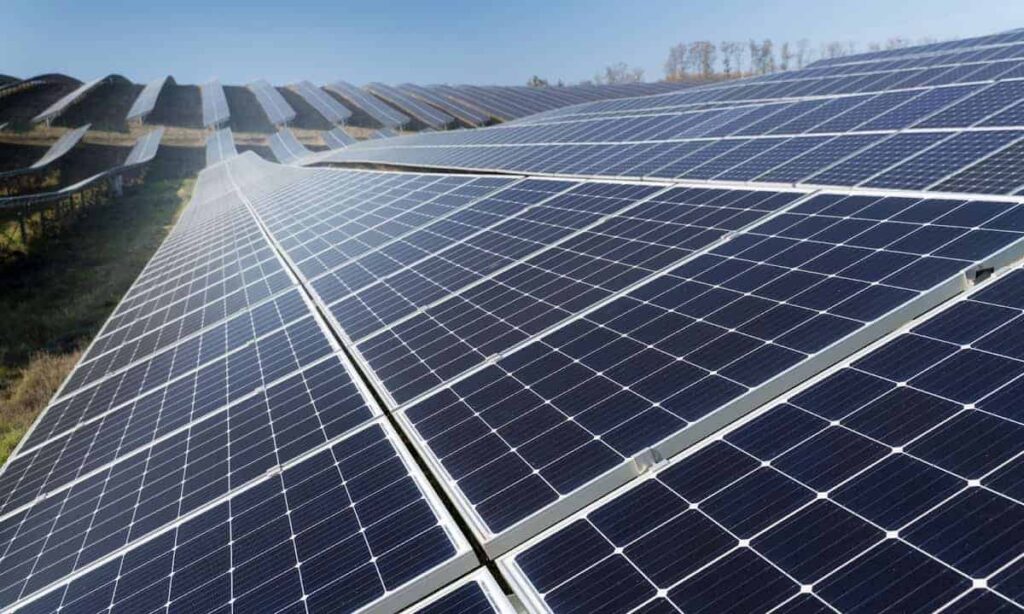Tesla, known for its innovative electric vehicles, has expanded its vision to solar energy solutions with its solar panels and Solar Roof. This overview examines whether Tesla solar panels are worth the investment by exploring their features, benefits, costs, installation process, and customer reviews.
1. Introduction to Tesla Solar Panels
Tesla Solar Panels: Tesla offers high-efficiency solar panels designed to integrate seamlessly with your home’s roof, providing clean, renewable energy.
Tesla Solar Roof: An alternative to traditional solar panels, the Solar Roof replaces your existing roof with solar tiles that generate electricity while maintaining the aesthetics of a conventional roof.
2. Features of Tesla Solar Panels
High Efficiency: Tesla solar panels are designed to be highly efficient, maximizing the energy output per square foot.
Aesthetics: The panels have a sleek, low-profile design that blends with your roof, making them less obtrusive than traditional solar panels.
Durability: Built to withstand extreme weather conditions, Tesla panels are durable and long-lasting.
Monitoring System: The Tesla app allows users to monitor their energy production and consumption in real-time.
3. Benefits of Tesla Solar Panels
Cost Savings: Solar panels can significantly reduce or even eliminate your electricity bills by generating free, renewable energy from the sun.
Environmental Impact: Using solar power reduces your carbon footprint and dependence on fossil fuels.
Energy Independence: Solar panels provide energy independence, protecting you from rising utility rates and power outages.
Increased Home Value: Homes with solar panels often have higher property values and sell faster than those without.
4. Cost of Tesla Solar Panels
Initial Investment: The cost of Tesla solar panels varies depending on the size of the system, your location, and installation complexity. As of 2024, a typical residential installation can range from $8,000 to $20,000 before any incentives or rebates.
Incentives and Rebates: Federal, state, and local incentives can significantly reduce the upfront cost. The Federal Investment Tax Credit (ITC) allows homeowners to deduct 26% of the cost of installing solar panels from their federal taxes.
Financing Options: Tesla offers various financing options, including loans and solar leases, to make solar panels more affordable.
5. Installation Process
Site Assessment: A Tesla representative conducts a site assessment to determine the best configuration for your home.
Design and Permitting: Tesla designs a custom system and handles all permitting with local authorities.
Installation: Professional installers handle the installation process, which typically takes 1-3 days.
Inspection and Activation: After installation, the system is inspected by local authorities and then activated to start producing electricity.
6. Tesla Solar Roof
Design: The Solar Roof is designed to replace your existing roof with solar tiles that look like traditional roofing materials.
Durability: Solar tiles are extremely durable, with a warranty of up to 25 years.
Cost: The Solar Roof is more expensive than traditional solar panels, with costs ranging from $30,000 to $50,000 or more, depending on the size and complexity of the roof.
7. Customer Reviews and Satisfaction
Positive Reviews: Many customers praise Tesla solar panels for their efficiency, sleek design, and the seamless integration with the Tesla Powerwall, which stores excess energy for use during non-sunny periods.
Negative Reviews: Some customers have reported issues with the installation process, customer service, and delays in activation. It’s essential to read recent reviews and research thoroughly before making a decision.
8. Pros and Cons of Tesla Solar Panels
Pros:
- High efficiency and performance.
- Sleek, aesthetically pleasing design.
- Integration with Tesla Powerwall for energy storage.
- Potential for significant energy savings and environmental benefits.
- Increase in property value.
Cons:
- Higher upfront costs compared to some other brands.
- Mixed customer service reviews.
- Installation delays reported by some customers.
- Complexity and cost of the Solar Roof.
9. Is it Worth It?
Factors to Consider:
- Energy Needs: Assess your household energy consumption to determine the size and capacity of the solar system you need.
- Roof Suitability: Evaluate your roof’s condition, orientation, and shading to ensure it’s suitable for solar panels or the Solar Roof.
- Financial Incentives: Consider available federal, state, and local incentives to reduce costs.
- Long-Term Savings: Calculate the potential long-term savings on energy bills versus the upfront investment.
Conclusion:
Tesla solar panels can be a worthwhile investment for those seeking high-efficiency, aesthetically pleasing solar solutions with the potential for significant long-term savings. However, it’s crucial to weigh the higher upfront costs, possible installation delays, and customer service experiences. Thorough research and consideration of your specific needs and circumstances will help determine if Tesla solar panels are the right choice for you.
10. Additional Resources
- Tesla’s Official Website: Tesla Solar
- EnergySage Solar Marketplace: A platform to compare solar quotes from various providers.
- DSIRE (Database of State Incentives for Renewables & Efficiency): Information on available incentives and rebates.




